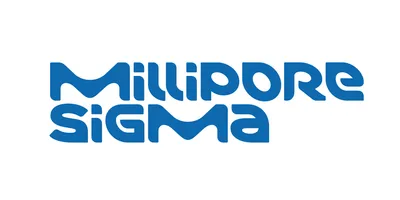Drinking water quality testing using ion chromatography is essential to safeguarding public health and ensuring compliance with regulatory standards. Ion and disinfection by-products (DBPs) are tightly monitored and controlled in drinking water, requiring trace-level detection and quantification to identify potential health hazards such as heavy metals, nitrates, sulfates, and chlorides that may compromise water safety.
Ion chromatography enables the precise quantification of contaminants present in water, including inorganic anions and cations, organic acids, and disinfection by-products. This analysis also allows for the monitoring of water treatment processes and the assessment of source water quality.
High-quality purified water is an absolute requirement for preparing samples, standards, and blanks for ion chromatography to avoid unintended introduction of the target contaminants. This application note assesses the suitability of ultrapure water produced by a lab water purification system from contaminated feed water for ion chromatography analyses of ion and DBP contaminants in drinking water.
Download this application note to discover:
- A cost-effective solution for producing ultrapure water with a lab water purification system, suitable for reagent use in ion chromatography analysis
- Chromatography data demonstrating effective removal of trace levels of contaminants from feed water





